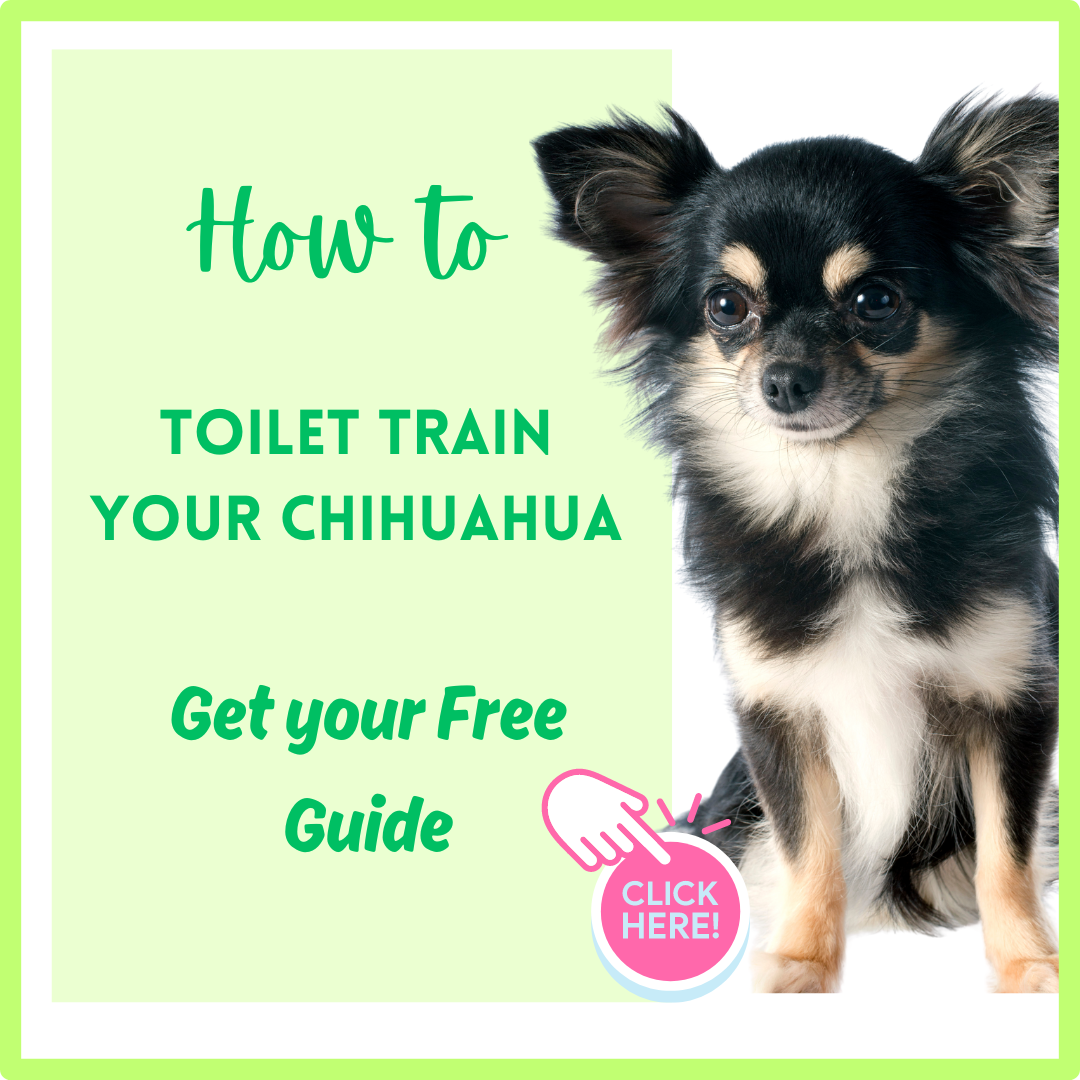It is very common to be advised to feed rice to dogs when they are not well, and it’s often seen as an ingredient in commercial dog foods. Dogs will happily chow down on a bowl of rice if it’s put in front of them. But is rice a good food source for our dogs? While rice is a source of carbohydrates, which can provide energy for dogs, it does not provide the necessary nutrition for a dog’s diet.
If you feed rice to dogs it can have negative effects on health!
One of the main reasons why it’s not a good idea to feed rice to dogs is that they don’t need carbohydrates in their diet. Dogs are primarily carnivorous and require a diet rich in protein and fats to support their metabolic needs. Carbohydrates, like rice, can be converted to glucose for energy, but dogs have evolved to use fats as their primary source of energy. They turn to sugar very quickly and start to put the pancreas under pressure to produce insulin. If these spikes in insulin are regular occurrence you are setting your dog up for diabetes.
Rice affects taurine levels.
Another reason not to feed rice to dogs is it can affect their taurine levels. Taurine is an essential amino acid that is vital for a dog’s heart health. A lack of taurine can lead to heart disease and other health problems. Rice can interfere with a dog’s ability to absorb taurine, which can lead to taurine deficiency.
Rice can contain several types of mycotoxins, which are toxic substances produced by certain fungi that grow on crops under certain conditions. The most common mycotoxins found in rice are aflatoxins and ochratoxins. These mycotoxins can cause a range of health problems in dogs, including liver and kidney damage, digestive issues, and immune system suppression.
Another issue with rice is that it can contain arsenic, which is a toxic heavy metal that is present in the environment. Arsenic can accumulate in rice, especially in regions where the soil and water contain high levels of the metal. Long-term exposure to arsenic can cause cancer, skin lesions, and other health problems.
Rice is a common ingredient in dry dog food (kibble). Dry dog food can also be a breeding ground for moulds. When left open to the air, moisture can accumulate in the bag, providing an ideal environment for mould growth. See how to sore dry dog food and why you should care. Consuming mouldy food can cause digestive issues and other health problems in dogs and can contribute to allergies.
Some people feed rice to dogs when they are sick or have digestive issues like diarrhoea, but this is not a good idea. Rice can aggravate digestive problems in dogs, especially if it is not cooked properly. In addition, a diet of plain rice does not provide the necessary nutrients that a sick dog needs to recover.
Is brown rice better than white rice for dogs?
Brown rice is often considered to be a healthier option than white rice for humans, as it is less processed and contains more fibre and nutrients. However, when it comes to feeding rice to dogs, both brown and white rice can have similar nutritional profiles and are not essential components of a dog’s diet.
Brown rice may provide some additional benefits over white rice when it comes to feeding dogs. Brown rice has a lower glycemic index, which means that it releases glucose more slowly into the bloodstream. It does contain more fibre and it may help regulate bowel movements and promote healthy gut bacteria. But there are better ways to do this.
However, it is important to note dogs don’t need carbohydrates in their diet, so, while brown rice may provide some additional benefits over white rice for dogs it is not necessary to feed it.
In conclusion, while rice may seem like a harmless food to feed to dogs, it doesn’t meet their dietary needs. Dogs require a diet that is rich in protein and fats, and carbohydrates like rice are not necessary. Rice can affect taurine levels, contain mycotoxins and arsenic, and promote mould growth in dry dog food. When feeding a dog, it is important to choose a balanced diet that meets their nutritional needs and promotes good health.
Discover more from Chihuahua School by Chihuahua Power
Subscribe to get the latest posts sent to your email.









